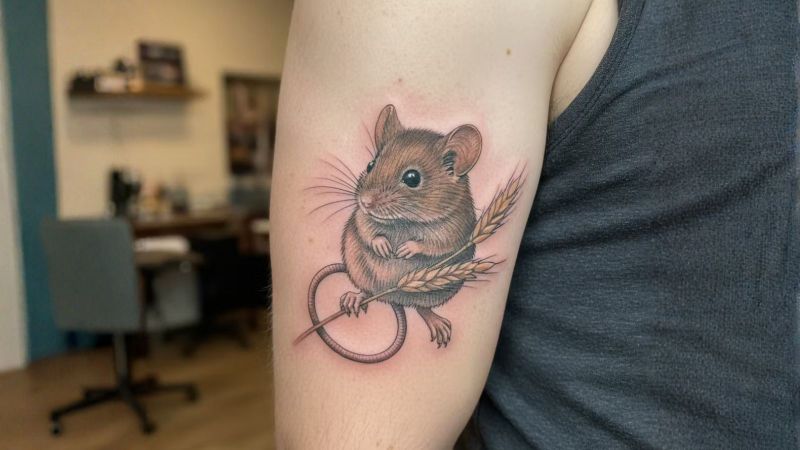
Text to go here...
 Scientists are closer to developing a vaccine against the superbug MRSA. MRSA is a serious bacteria infection that can occur following bone and joint surgery. The superbug is particularly dangerous because of its antibiotic resistance and causes around 800 deaths a year in England and Wales.
Scientists are closer to developing a vaccine against the superbug MRSA. MRSA is a serious bacteria infection that can occur following bone and joint surgery. The superbug is particularly dangerous because of its antibiotic resistance and causes around 800 deaths a year in England and Wales.
The potential vaccine is based on antibodies that target the superbug's ability to replicate. When researchers injected mice with the antibodies only half developed the MRSA infection. While the vaccine may not be foolproof, such a reduction in infection rates would be a significant improvement in the field.
Previous attempts at a MRSA vaccine have failed because of the bacteria's notoriously strong 'armour'. While other research targeted the bacteria surface, the new research found an antibody that was able to reach beyond the bacteria surface.
The antibodies target a protein in the superbug called glucosaminidase (Gmd). Gmd acts like a zip on the bacteria that opens the cell wall armour during cell division. Without Gmd the bacteria can't replicate and the spread of infection is stopped. The antibodies also caused the bacteria to clump. As single MRSA cells grow rapidly, the antibodies appeared to destroy the bacteria by causing them to explode.
MRSA infections are expected to become an increasing problem as an aging population requests more joint replacements and reconstructive surgery. A vaccine against MRSA will be a vital in reducing infections from MRSA.
This research was presented at the annual Orthopedic Research Society Conference in California.
Last edited: 11 January 2022 10:49



